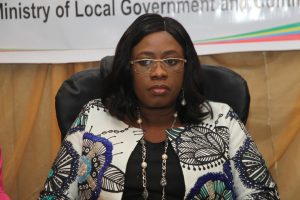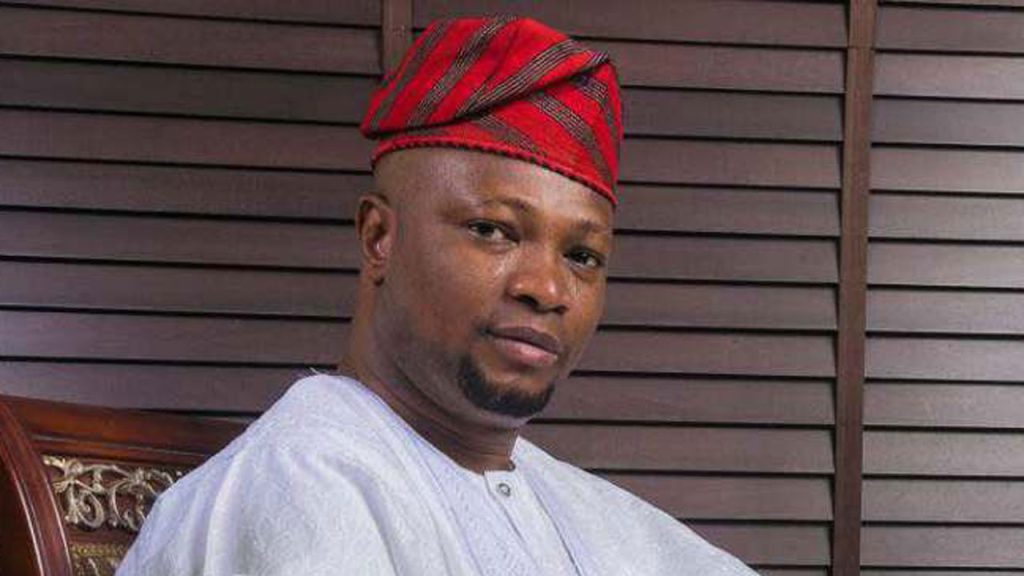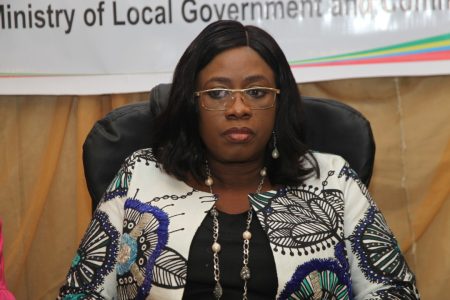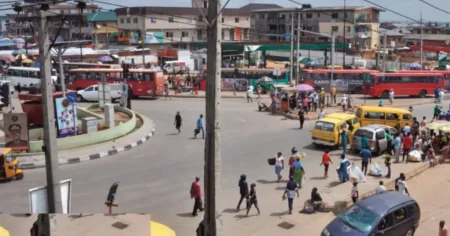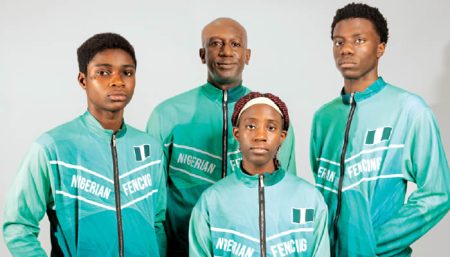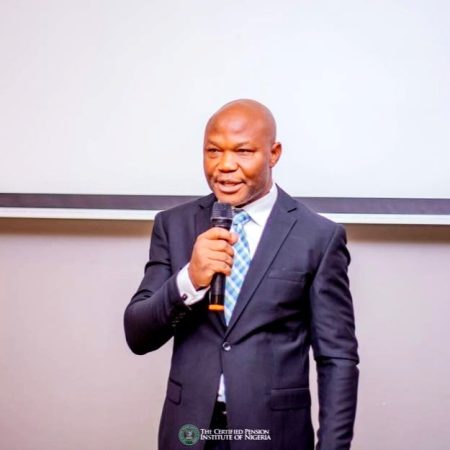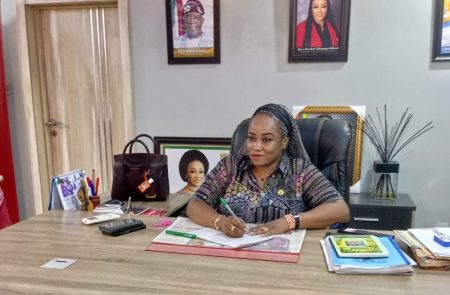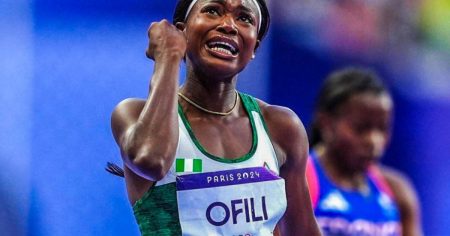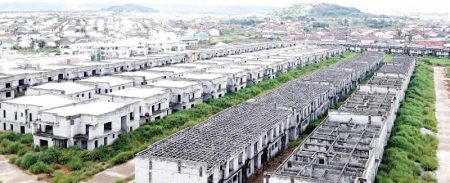The entrenched system of political godfatherism in Nigeria, a complex web of patronage and influence wielded by a select few, has long been a subject of intense scrutiny and debate. Olajide Adediran, the Peoples Democratic Party (PDP) governorship candidate in Lagos State for the 2023 elections, sheds light on the crucial role of widespread poverty in perpetuating this system, ultimately hindering the growth and effectiveness of political parties like the PDP. Adediran argues that economic hardship creates fertile ground for the manipulation of the electorate, allowing powerful individuals to exert undue control over political outcomes. This dynamic, he asserts, undermines internal party democracy and necessitates comprehensive electoral reforms to dismantle the existing power structures.
Adediran’s analysis centers on the dynamics of power at the local government level, where, according to him, a single individual often holds sway over the entire political landscape. This concentrated power structure, coupled with pervasive poverty, creates a system ripe for exploitation. The “sprinkling of little things,” as Adediran puts it, can easily sway the loyalties of individuals struggling to make ends meet. This vulnerability makes it difficult for parties to establish genuine grassroots support based on ideology or policy platforms, as the focus shifts towards securing the favor of the local power brokers. These individuals, acting as gatekeepers, effectively control access to political opportunities and resources, creating a system of dependence that reinforces their dominance.
The implications of this system are far-reaching. It erodes internal party democracy by making it virtually impossible for candidates to emerge organically from the grassroots. Genuine competition is stifled as the playing field is tilted in favor of those who have secured the backing of the local strongmen. This, in turn, weakens the party’s ability to represent the interests of its broader membership and the electorate as a whole. Moreover, it perpetuates a cycle of poverty and dependence, as political power becomes increasingly concentrated in the hands of a few, leaving the majority marginalized and disenfranchised.
Adediran points out that this phenomenon is not exclusive to the PDP but is a pervasive problem across the Nigerian political landscape. While larger parties like the PDP may attract more attention due to their prominence, smaller parties are equally susceptible to the influence of godfathers. The underlying issue is systemic, rooted in the socio-economic realities that allow a small elite to manipulate the political system to their advantage. This highlights the urgent need for comprehensive electoral reforms that address the root causes of this problem, rather than merely treating the symptoms.
Addressing this deeply ingrained system requires a multi-pronged approach. Firstly, empowering the electorate through economic development and poverty reduction is crucial. By improving the living conditions of the general population, their susceptibility to manipulation by political godfathers can be significantly reduced. This requires investing in education, job creation, and social safety nets to ensure that individuals are not forced to rely on the patronage of political elites for their basic needs.
Secondly, electoral reforms aimed at enhancing transparency and accountability are essential. Strengthening internal party democracy, ensuring free and fair elections, and curbing the influence of money in politics are all crucial steps in dismantling the system of godfatherism. This requires a concerted effort by all stakeholders, including political parties, civil society organizations, and the government, to create a level playing field where candidates can compete based on merit and ideas, rather than on their connections to powerful individuals. Ultimately, breaking the cycle of poverty and political patronage requires a fundamental shift in the power dynamics, empowering the electorate and strengthening democratic institutions to ensure a more inclusive and representative political system.
Finally, the media plays a vital role in raising awareness about the detrimental effects of godfatherism and holding those who perpetuate the system accountable. Investigative journalism and public discourse can expose the corrupt practices that underpin this system and create pressure for meaningful change. Furthermore, promoting civic education and encouraging active participation in the political process can empower citizens to demand greater transparency and accountability from their elected officials. By fostering a culture of informed engagement, the media can contribute to building a more robust and democratic society where the influence of godfathers is minimized, and the will of the people prevails. This collective effort towards a reformed political landscape is crucial not only for the health of political parties like the PDP but also for the overall development and progress of Nigeria.


